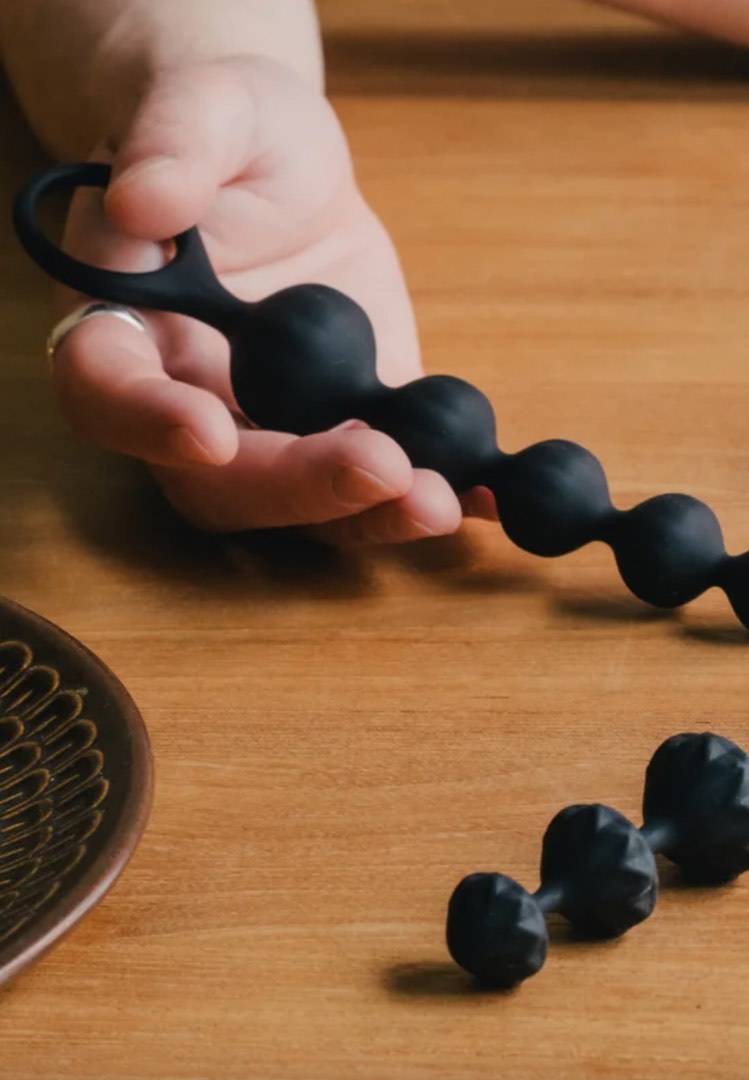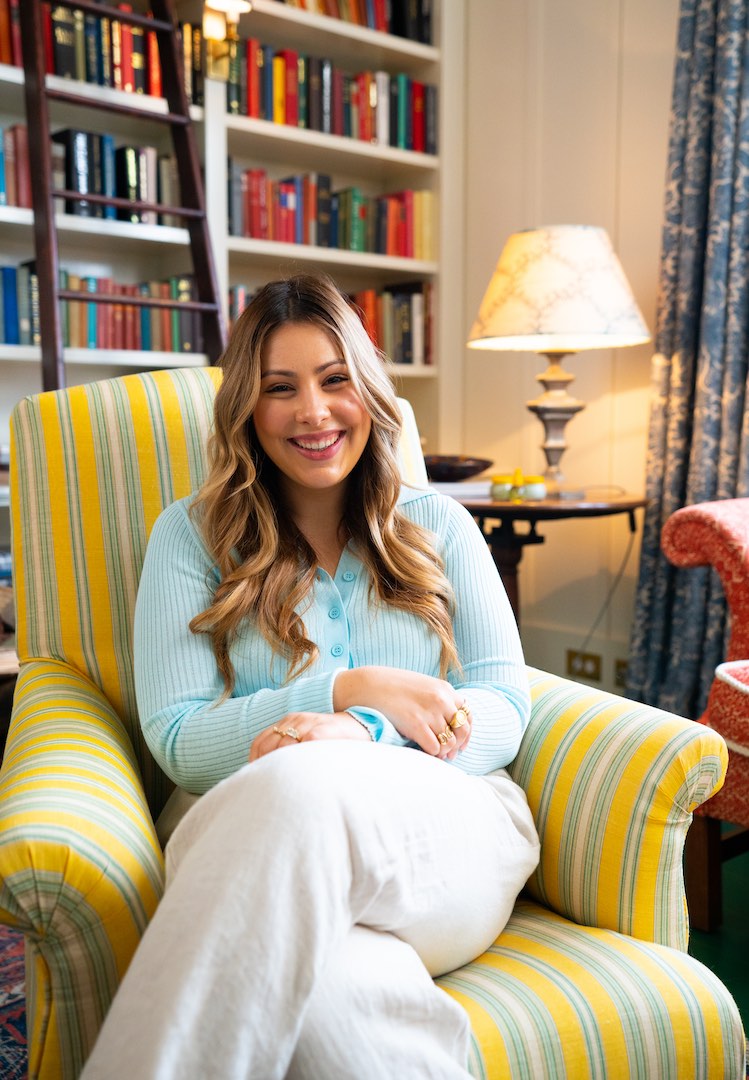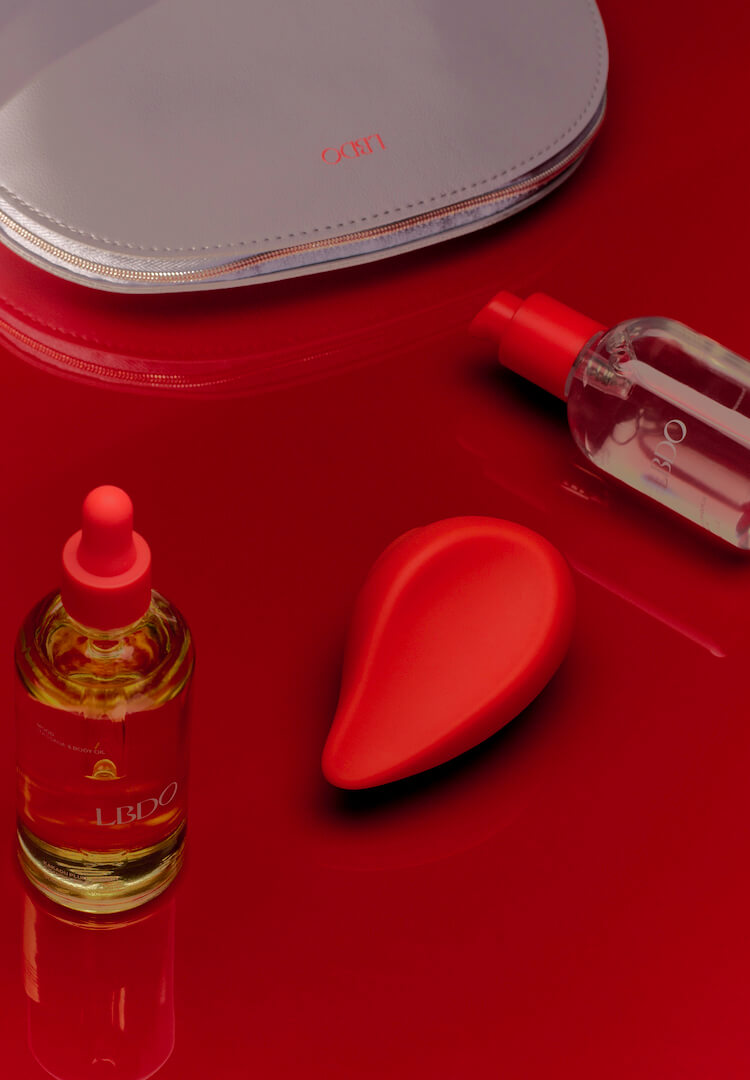As a woman with autism, here’s how I normalise my sensory needs during sex
WORDS BY HARRIET RING
Popular culture hasn’t always gotten it right.
I’m a flirt. I love it. I love the innocence and power that comes with captivating somebody. Sometimes, I take myself out to dinner just to conjure up a fantasy; a fantasy where I’m a mysterious, beautiful stranger inserting myself into a restaurant goers’ evening. I assume that an elaborate retelling will take place later, where I’m described as the ‘beautiful stranger’ in said restaurant goers’ evenings. To me, that is intimacy.
But when it comes to contemplating textbook neurotypical sex and going beyond these fantasy worlds and the boundaries and sensory havens I’ve created for myself, I feel every muscle of my body tense up.
Want to stay in the loop with our latest sexual health stories? Head on over to our Life section.
This is partly because of a complex history of experiences, and partly because of the complex feelings that arise when I think about the type of conversation I might have to have. A conversation with somebody about how I may feel nothing and everything in ways they might not typically enjoy.
When I first started having very hormonally-charged hump-centric teenage sex, I remember thinking ‘Okay, is this it?’ It wasn’t this amazing, magical encounter. For me, it came from an inherent need to complete a routine teenage task that I felt was expected of me in order to appear ‘normal’.
So when I said, “Is this it?” to my sexual partner, it wasn’t because of a lack of emotions. At that stage, I was just yet to be diagnosed with autism, and I didn’t understand how it affected me, especially within the realm of sexual intimacy.
If you know anything about the underdiagnosed woes of autistic women, you will know women do not present like males. Women and young girls on the spectrum tend to become professional ‘maskers’ and since the diagnosis process is often riddled with gender bias, they typically aren’t diagnosed till later years (while boys tend to get treatment as children).
In hindsight, these moments of disengaged teenage intimacy were just missed symptoms. I was more interested in aggressively binge-watching Parks and Recreation than actual intimacy. To me, that was the kind of intimacy I actually wanted to share.
Unfortunately, when I hear people discuss autism they don’t tend to think of us as sexual beings that desire intimacy. In popular culture, depictions of sexually proud autistic women aren’t particularly commonplace.
Just like the disparity when it comes to diagnoses, in media and pop culture we tend to have many more male examples of autism, though they still tend to be stereotyped as cold, sex-less, characters that lack empathy and can’t catch a ‘hint’. Often, the characters aren’t directly autistic but have been heavily influenced by autistic characteristics e.g. Sheldon Cooper from The Big Bang Theory.
But we all have the same need for connection, autistic or not. And, while my cognitive development may be impaired, my ‘horny’ development sure hasn’t been. Sexual contact while having sensory issues can be difficult, especially when I can’t handle certain textures or sounds. I’ve had to really learn what will accommodate my hyper and hypo sensitivities (also known as over-responsiveness and under-responsiveness).
Now, I fondly tell people that until I was around 17, masturbating was more of a concept for me. It involved me lying very still, staring at an image (preferably Joe Jonas) or listening to singing voices that gave me a ‘sexually euphoric’ feeling, like Julian Casablancas, while I enjoyed ‘sexy thoughts’. This allowed me to engage in a tingly feeling while saying to myself “Wow, pretty intense stuff!”
This elaborate process saw me partaking in wildly soothing sensory sensations as I fiddled with all the items around me that felt ‘soft’ between my fingers, none of those things being my actual body. Still, it was pleasurable for me.
While people do tend to laugh at this – not in a cruel way – it’s objectively very sweet. It provides insight into my need for delicacy and shows how potently a single sense can pulse through my body. Not because of some How To: Tantric Self-Pleasure video I found, but because of my little neurodiverse brain.
But by 23, every time I had any form of conventional sex I had to be under the influence of a substance because the whole experience was so stressful. My stress had manifested as me trying to ignore the sights, sounds and sometimes aggressive smells of the human body.
Having sensory needs is often mistaken for anxiety as the body responds in a similar way. Often, when being very neurotic and panicked in an intimate setting, I’ve been told to “Just relax”. Many partners have infantilised me as some ‘manic pixie dream girl’, which is problematic in its own right.
The whole concept of traditional intimacy has been quite terrifying. To some extent it still is, but now I’ve been able to be with somebody that allows communication of my sensory needs and it isn’t met with a weird look, but care and compassion.
I’m sure it’s not easy to be intimate with somebody who asks you to “Stop coughing that way” and says “You’re drinking water too loud” or the ever-so-romantic “Are we done talking now?”. But if this alternative view of intimacy and sex was shown on any TV show when I was younger, then maybe I wouldn’t have felt that the way I needed intimacy was so abnormal and it wouldn’t have been such an exhausting journey throughout my twenties.
The reality is that autism impacts sex. We need to normalise this, as being neurodivergent and having sensory needs affects every aspect of intimacy for autistic people. While inconsequential to somebody else, the slightest touch or breath can be a sensory overload for a neurodivergent person.
I love the idea of feeling magnetically drawn to someone and experiencing attraction so deeply. But to me, intimacy is still binge-watching TV shows. The spectrum isn’t a sexless wasteland but a sensory journey. Sex has become an ongoing lesson that can cause me immense stress at times, like when I’m performing pleasure while also experiencing a feeling of nothingness.
Sometimes I’m still unsure if I like sex. Sometimes I wonder if it’s just a ritual or script humans perform, and whether it’s my genuine biological urges or my enjoyment of making somebody obsessed with me that makes me partake. But what I do know is that I can have my own version of sex and intimacy, and it doesn’t have to align with what is expected of me as an autistic woman.
This article was originally published on March 24, 2021.
To find out more about autism, head here.













